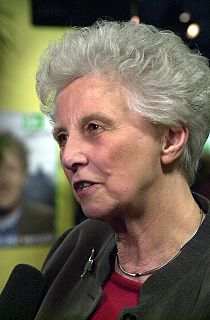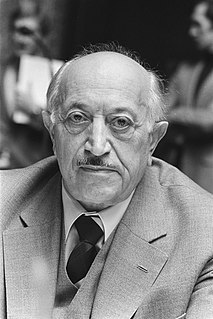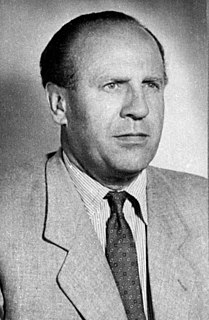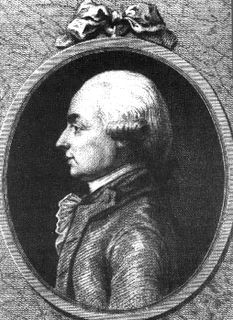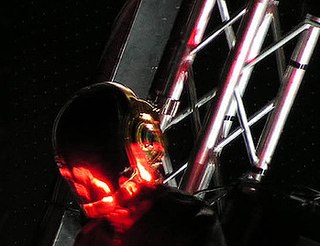A Quote by Zygmunt Bauman
In Montreal, where I taught in 1970, I met many people. The only ones who said to me they were Canadians, were Jews. All the rest were Scotts, Irish, English, French, Swedes.
Related Quotes
We once discussed which were the cleanest troops in the trenches, taken by nationalities. We agreed on a descending-order like this: English and German Protestants; Northern Irish, Welsh and Canadians; Irish and German Catholics; Scots; Mohammedan Indians; Algerians; Portugese; Belgians; French. We put the Belgians and French there for spite; they could not have been dirtier than the Algerians and the Portugese.
After all, in both languages we were dealing in large measure not with English and French, but with Scots and Irish, Bretons and Normans ... There could be no more eloquent illustration of the colonial mind-set than a bunch of Celts and Vikings in a distant northern territory insulting each other as les Anglais and the French as if they were the descendants of the people who had subjected and ruined them.
I was brought up by a Victorian Grandmother. We were taught to work jolly hard. We were taught to prove yourself; we were taught self reliance; we were taught to live within our income. You were taught that cleanliness is next to Godliness. You were taught self respect. You were taught always to give a hand to your neighbour. You were taught tremendous pride in your country. All of these things are Victorian values. They are also perennial values. You don't hear so much about these things these days, but they were good values and they led to tremendous improvements in the standard of living.
For me the Holocaust was not only a Jewish tragedy, but also a human tragedy. After the war, when I saw that the Jews were talking only about the tragedy of six million Jews, I sent letters to Jewish organizations asking them to talk also about the millions of others who were persecuted with us together - many of them only because they helped Jews.
It's a common mistake for vacationing Americans to assume that everyone around them is French and therefore speaks no English whatsoever. [...] An experienced traveler could have told by looking at my shoes that I wasn't French. And even if I were French, it's not as if English is some mysterious tribal dialect spoken only by anthropologists and a small population of cannibals.
Actually, I've taught creative writing in Turkey, at an English language university, where the students were native Turkish speakers, but they were writing their essays in English, and they were very interesting - even the sense of structure, the conventions of writing, the different styles of writing.
For dash and gallantry the bloodthirsty Scots, Australians and Canadians led the way, with the impetuous Irish close behind. The Australian to my mind were the most aggressive, and managed to keep their form in spite of their questionable discipline. Out of the line they were undoubtedly difficult to handle, but once in it they loved a fight. They were a curious mixture of toughness and sentimentality.
The persecution of Jews in occupied Poland meant that we could see horror emerging gradually in many ways. In 1939, they were forced to wear Jewish stars, and people were herded and shut up into ghettos. Then, in the years '41 and '42 there was plenty of public evidence of pure sadism. With people behaving like pigs, I felt the Jews were being destroyed. I had to help them. There was no choice.
We had no religion at all, but we were Jews in New Hampshire, and my sister - who is now a rabbi - said it best: We were, like, the only Jews in Bedford, New Hampshire, as well as the only Democrats, so we just kind of associated those two things together. My dad raised us to believe that paying taxes is an honor.
James Joyce's English was based on the rhythm of the Irish language. He wrote things that shocked English language speakers but he was thinking in Gaelic. I've sung songs that if they were in English, would have been banned too. The psyche of the Irish language is completely different to the English-speaking world.



